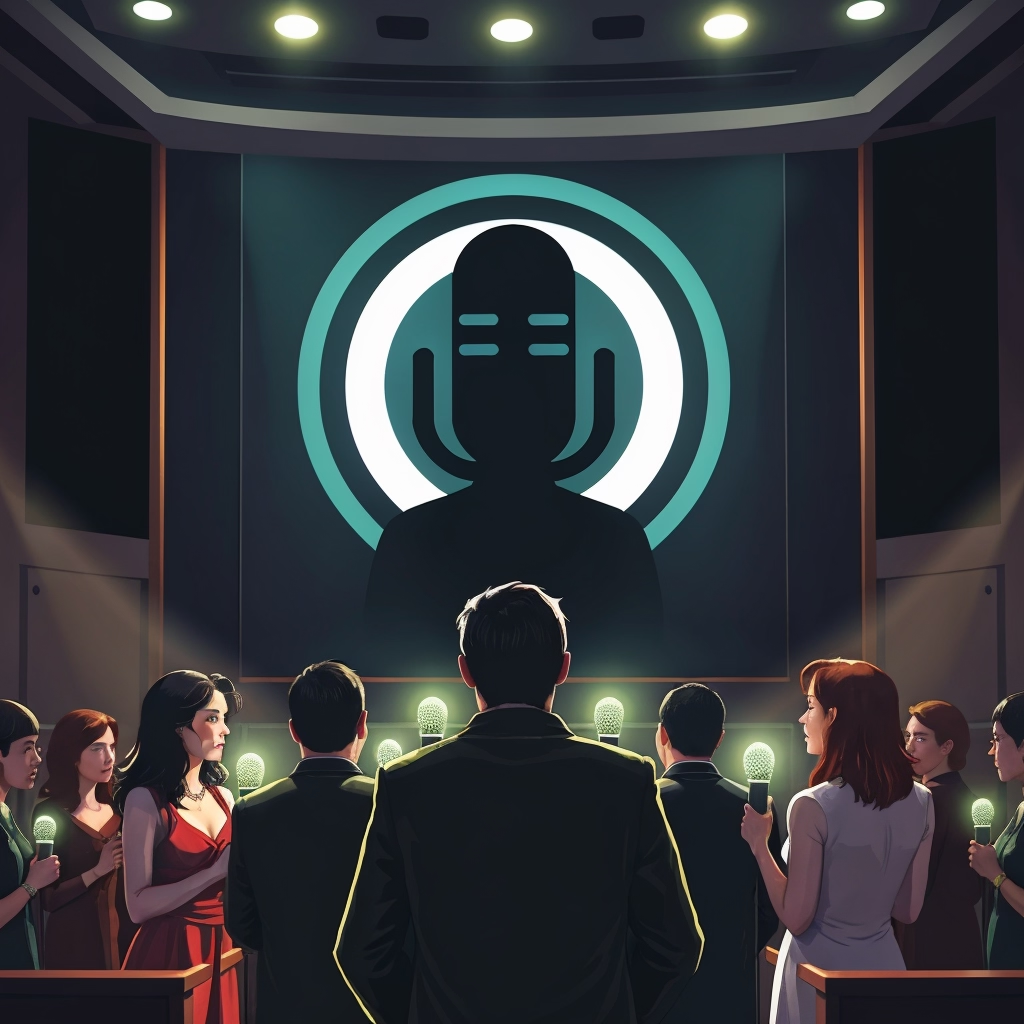In a shocking lawsuit that has caught the attention of the voice acting community, Paul El Lanaa and other voiceover artists are taking a tech company to court, accusing it of illegally using their voices for AI-generated content without proper consent or compensation. The controversy began when Lanaa, while listening to a podcast, recognized her own voice being used without her authorization. The voice in question was a part of a generated content, mimicking her exact vocal attributes.
The artists allege that the company involved created AI voice clones from samples they were tricked into providing under the guise of generic radio ads for research. These samples, they claim, were then sold possibly hundreds of thousands of times across various platforms, far beyond the scope of the original agreement, which was portrayed as non-commercial and purely for research. The scripts provided were innocuous, such as advertisements for a dry cleaner in Idaho, leading the artists to believe that there would be no subsequent commercial use.
After discovering the misuse of their voices, Lanaa and her colleagues filed a class action lawsuit, arguing that the company not only stole their vocal identities but also exploited them for profit without offering fair compensation or acknowledging their contributions. The heart of the legal battle revolves around the rights of publicity, which protect individuals’ personal attributes from being commercially exploited without consent.
As this case unfolds, it raises significant questions about the ethics and legality of how voice data is used in the AI industry, particularly the fine line between technological advancement and the exploitation of human talents and attributes. The voice acting community is now rallying to ensure that their voices aren’t just heard in the literal sense but also respected and protected in the digital age. The outcome of this lawsuit could set a precedent for how voiceover artists and their work are treated in the burgeoning field of AI-generated content.
Why Is Ford Returning to India? Here’s What Americans Should Know






























